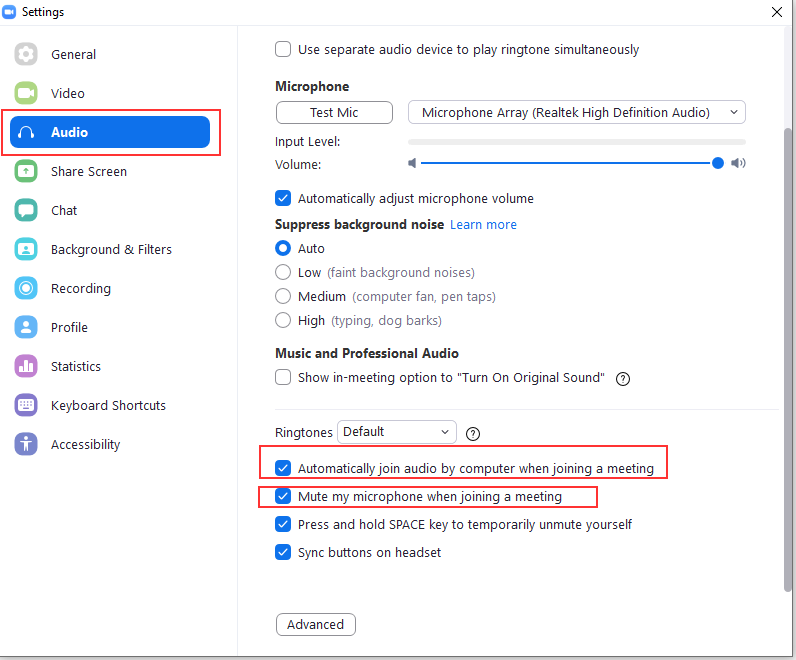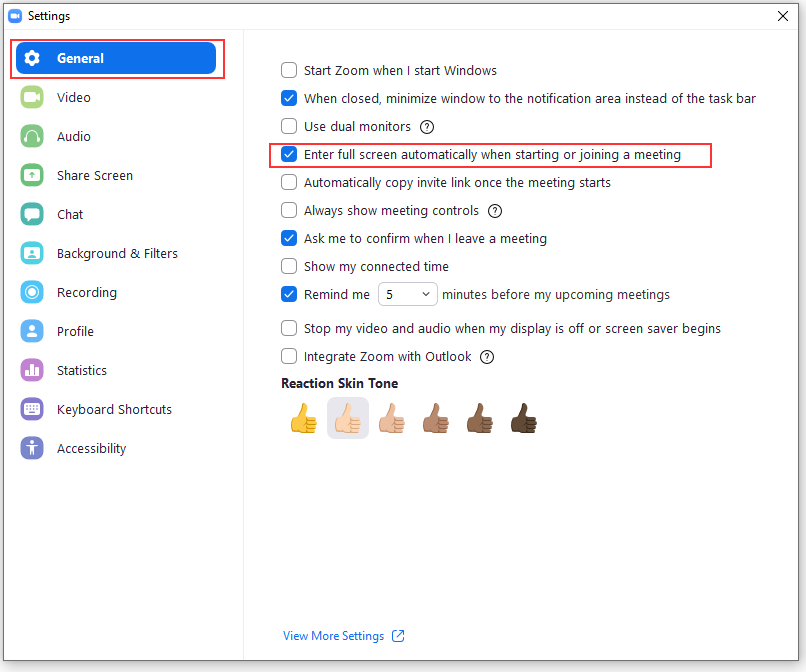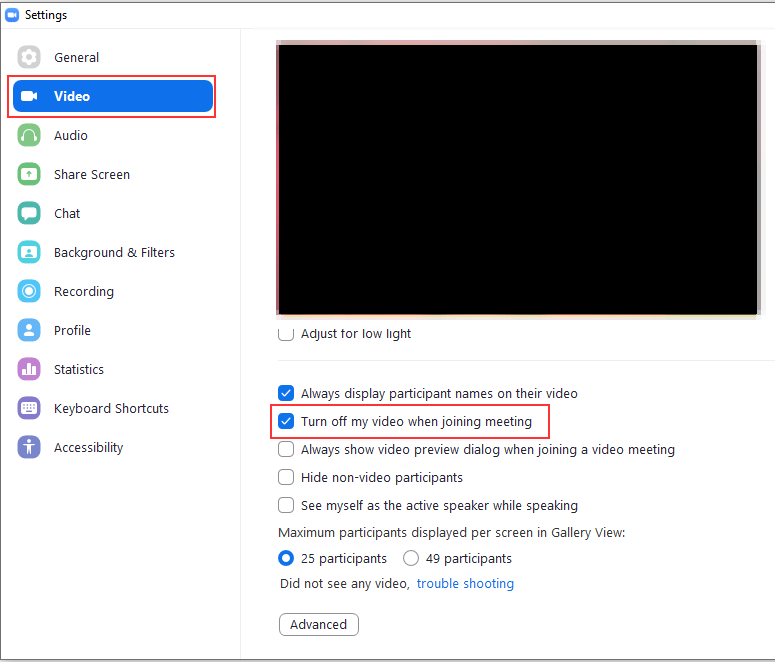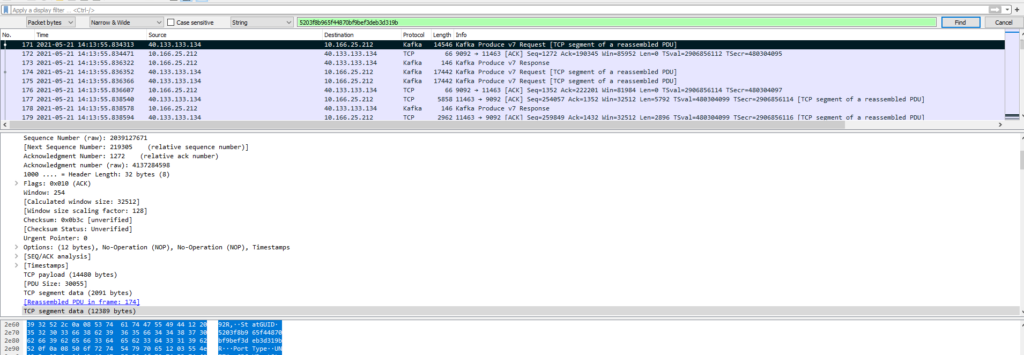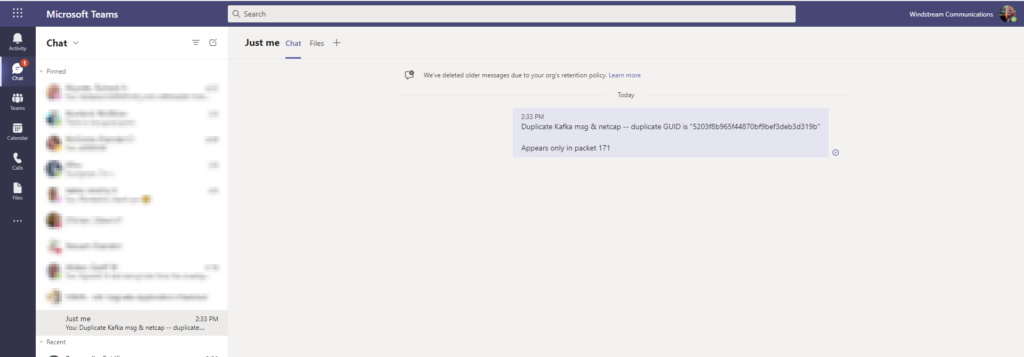Quick notes on creating a database user — MariaDB and MySQL use a combination of username and source host to determine access. This means ‘me’@’localhost’ and ‘me’@’remotehost’ can have different passwords and privilege sets. How do you know what the hostname is for your connection? I usually try to connect and read the host from the error message — it’ll say ‘someone’@’something’ cannot access the database.
# Create a user that is allowed to connect from a specific host create user 'username'@'hostname' identified by 'S0m3P@s5w0rd'; GRANT ALL PRIVILEGES ON dbname.* TO 'username'@'hostname'; # Create a user that is allowed to connect from a specific IP create user 'username1'@'10.5.1.2' identified by 'S0m3P@s5w0rd'; GRANT ALL PRIVILEGES ON dbname.* TO 'username1'@'10.5.1.2'; # Create a user that is allowed to connect from database server create user 'username2'@'localhost' identified by 'S0m3P@s5w0rd'; GRANT ALL PRIVILEGES ON dbname.* TO 'username2'@'localhost'; # Create a user that is allowed to connect from any host create user 'username3'@'%' identified by 'S0m3P@s5w0rd'; GRANT ALL PRIVILEGES ON dbname.* TO 'username3'@'%'; # Flush so new privileges are effective flush privileges; # View list of database users SELECT User, Host FROM mysql.user; +----------------+------------+ | User | Host | +----------------+------------+ | username3 | % | | username2 | 10.5.1.2 | | username | hostname | | root | 127.0.0.1 | | root | ::1 | | root | localhost | +----------------+------------+ 6 rows in set (0.000 sec)
